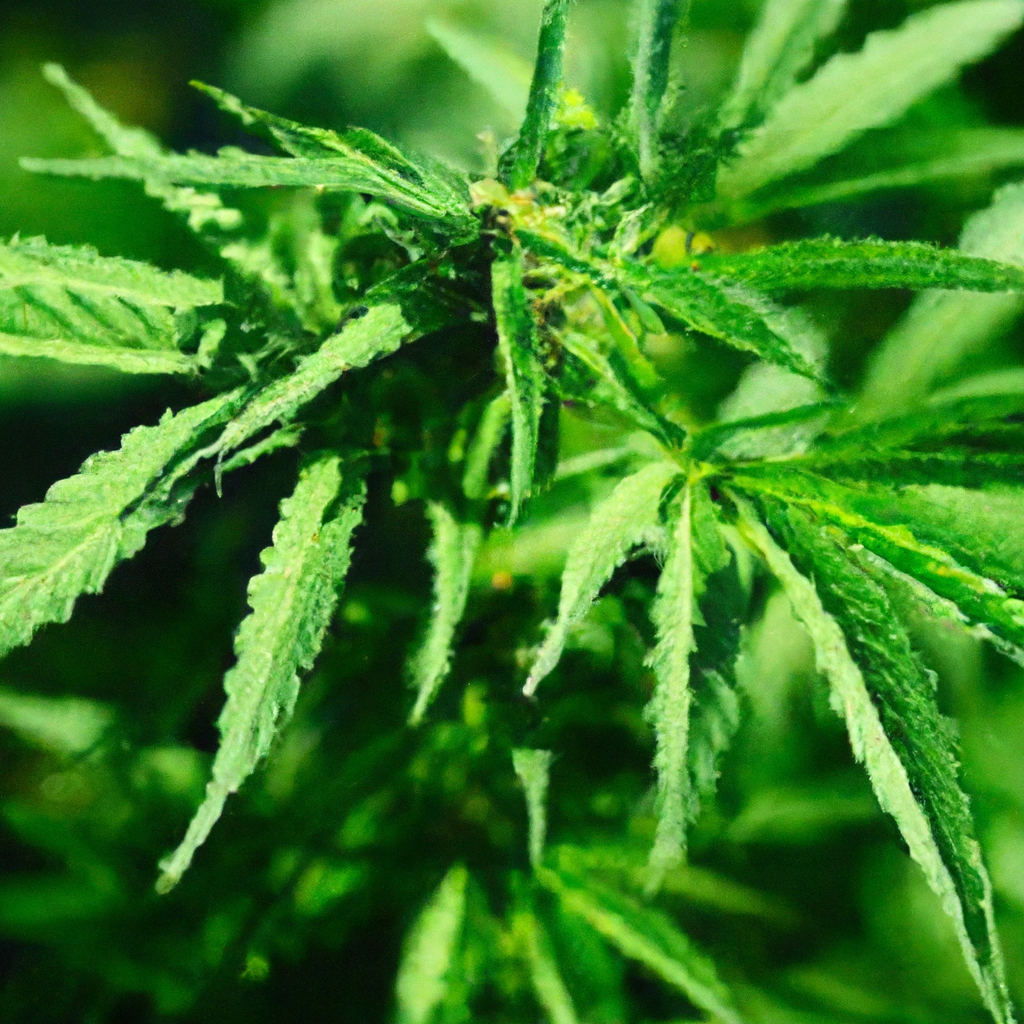Your cart is currently empty!
As the cannabis industry grows, so does the demand for environmentally conscious cultivation practices. Organic cannabis offers numerous benefits for the ecosystem, growers, and consumers alike. In this article, we’ll explore sustainable practices in organic cannabis cultivation, focusing on using natural fertilizers, compost, and pest control to build a thriving, sustainable garden.
Building Healthy Soil Ecosystems
The foundation of any successful organic cannabis grow lies in healthy soil. Traditional methods rely on synthetic chemicals, which can degrade soil health over time. Instead, focus on nurturing a rich soil ecosystem by incorporating compost and natural fertilizers.
- Compost: Enhance soil structure and provide a steady release of nutrients.
- Natural Fertilizers: Use fish emulsion, bone meal, and kelp to nourish plants without synthetic additives.
Integrated Pest Management (IPM)
Organic pest control methods are essential to maintaining a balanced ecosystem that promotes plant health. Integrated Pest Management (IPM) practices can help protect your crop sustainably.
- Beneficial Insects: Introduce ladybugs or predatory mites to control aphid populations.
- Natural Sprays: Use neem oil or garlic spray as effective deterrents for unwanted pests.
Composting: The Cornerstone of Sustainability
Composting is an essential practice in organic cannabis cultivation. It not only helps manage waste but also enriches the soil with essential organic matter.
- Collect Organic Materials: Gather plant waste, kitchen scraps, and fallen leaves.
- Balance Greens and Browns: Maintain a balance of nitrogen-rich greens and carbon-rich browns for effective decomposition.
- Maintain Moisture and Aeration: Keep your compost pile moist and turn it regularly to enhance aeration.
Benefits for Consumers and the Environment
Opting for organic cannabis cultivation provides numerous benefits:
- Environmental Impact: Reduces chemical runoff and supports biodiversity.
- Consumer Health: Provides a cleaner product free from synthetic residues.
- Sustainability: Promotes the conservation of resources and supports eco-friendly practices.


Leave a Reply